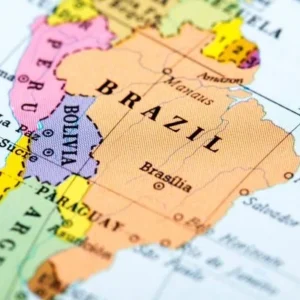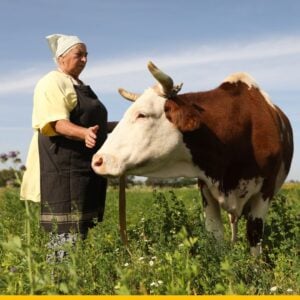As climate impacts intensify, disrupting economies, communities, and value chains, financial institutions appear to be hesitating. Instead of accelerating climate action, many banks and asset managers are retreating from net zero commitments, while key industry alliances are weakening. Despite the changing political and regulatory landscape, the scientific imperative to limit global warming to 1.5°C and support nature-based solutions remains unchanged, making it crucial for finance to maintain ambition and continue investing in the net-zero transition.
The retreat from net zero is driven in part by politicized debates over whether sustainable finance aligns with fiduciary duty and competitiveness. Some leading banks and investors are stepping back from net zero alliances, which are being restructured as commitment-free frameworks. Initiatives such as the Glasgow Financial Alliance for Net Zero (GFANZ), the Net-Zero Banking Alliance (NZBA), and the Net Zero Asset Managers initiative (NZAM) have faced membership losses or undergone reviews, reflecting hesitancy even amid real progress.
Shying away from climate action exposes financial institutions to heightened risks, both for client capital and organizational credibility. The International Court of Justice has reinforced that states have binding obligations to prevent climate harm, strengthening the argument that financial institutions must treat climate risk as central to fiduciary responsibility. Even amid political pressures, banks and investors must continue client engagement, transition planning, and investment aligned with science-based net zero targets.
Net zero alliances under strain must adapt without dissolving, continuing to promote best practices and enable members to meet their fiduciary duties while scaling investments in climate transition opportunities. Central banks, regulators, and supervisors also have a critical role, needing to explicitly treat climate change and nature loss as material financial risks through stress testing, disclosure requirements, and capital allocations.
Government policy further complements voluntary action. Enabling frameworks such as the EU Taxonomy have already mobilized significant climate investments, and G20 countries are increasingly implementing net-zero policies. The economic rationale for the transition is clear: renewables are now cheaper than fossil fuels, and clean technologies have the potential to replace a majority of current fossil fuel demand.
Encouragingly, financial institutions are beginning to respond. For instance, Dutch pension fund PFZW recently realigned its investments toward sustainability by withdrawing from major fund managers with fossil fuel exposure. Climate change is a systemic risk, encompassing economic, geopolitical, and market shocks, making proactive engagement both prudent and necessary.
The financial sector stands at a crossroads: it can either succumb to political pressure and maintain reliance on fossil fuels, or it can align with scientific imperatives, invest in a net-zero and nature-positive future, and seize the commercial opportunities of transition. WWF emphasizes that this is a moment for courage, not retreat, and is prepared to support institutions serious about integrating climate and nature into their strategies.







